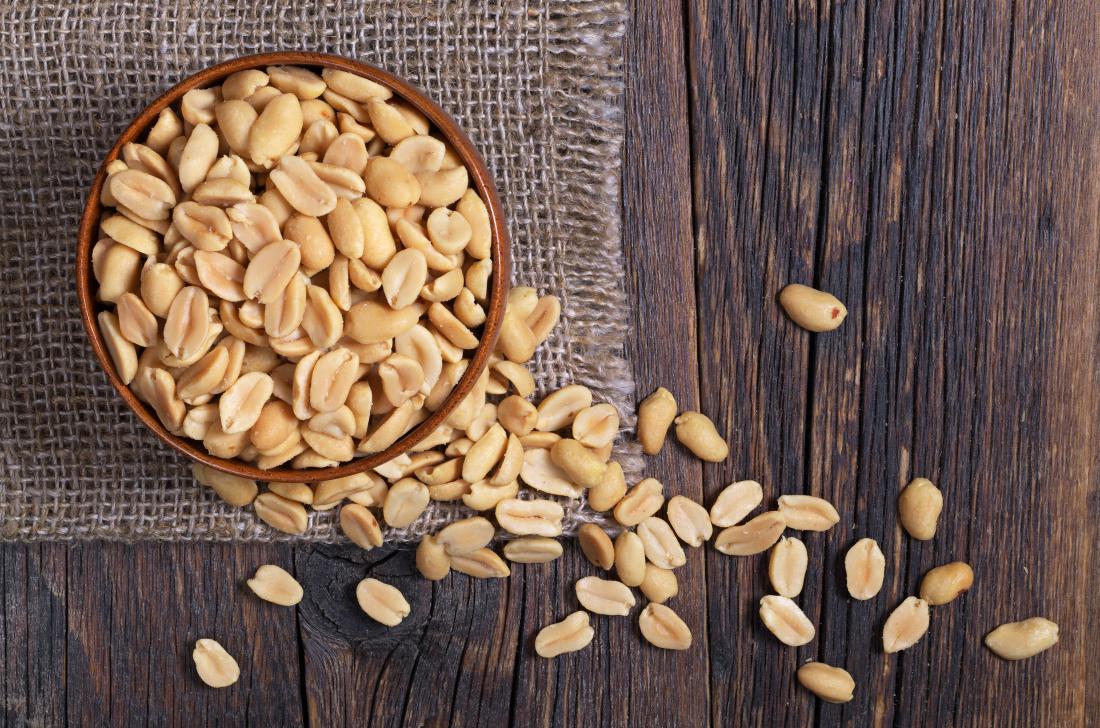Health Benefits of Peanuts
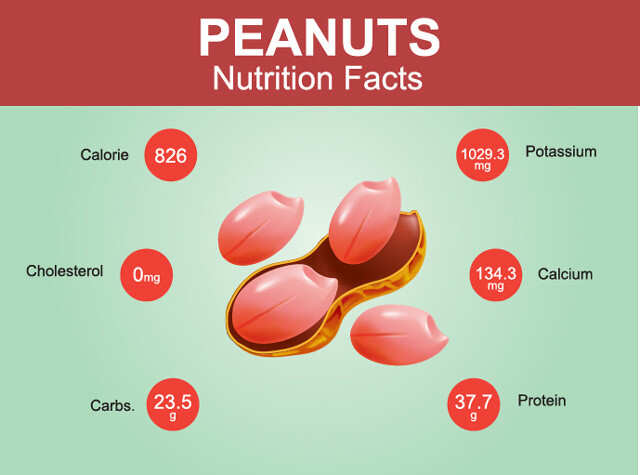
Often dismissed as a boring food item, the humble peanut has several uses beyond one can reckon. Commonly known as groundnut, or monkey nut in the UK, the peanut is actually a legume grown for its seeds and the oil that is extracted from it. Therefore, it is also known as an oil crop, which grows underground. Read on to know more about the benefits of peanuts.
https://www.youtube.com/embed/mg9UCR2ceSE
Peanuts are valuable crops that farmers generally use during crop rotation cycle since they carry symbiotic nitrogen-fixing bacteria in the nodules of their roots. This ability to fix nitrogen means that peanuts can be cultivated easily since they require less nitrogen-containing fertilizer, and the crop also improves soil fertility. When a peanut is cut in half, it shows the various parts that include: Shell or the outer covering which is in contact with dirt; Cotyledons (two) this is the main edible part; Seed coat which is a brown paper-like covering of the edible part; Radicle or the embryonic root at the bottom of the cotyledon which can be removed; Plumule or the embryonic shoot emerging from the top of the radicle.

Peanuts are widely used in Southeast Asia and also the Indian subcontinent as part of the cuisine. They are generally used as a spicy sauce in Malaysia, Vietnam and Indonesia and also as a sweet sauce, which is popular in Thailand. In India, peanuts are roasted and are generally consumed as a snack, especially during winter since the high protein content helps keep the body warm. They are also mixed with jaggery to make chikki, which is a healthy sweet snack. While mostly used in food preparations, peanuts are one of the most healthy dietary sources if you are looking at losing weight or watching that weight.
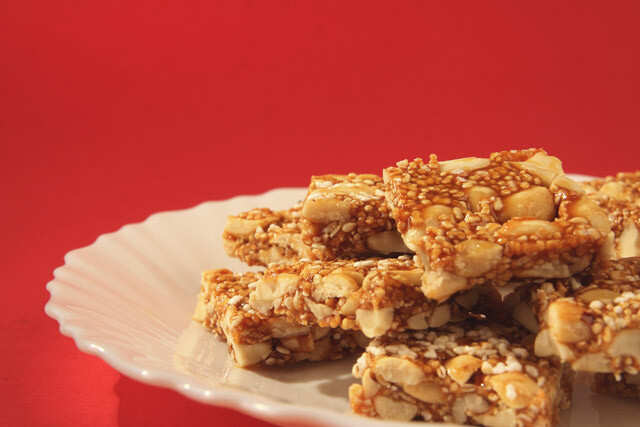
High source of protein
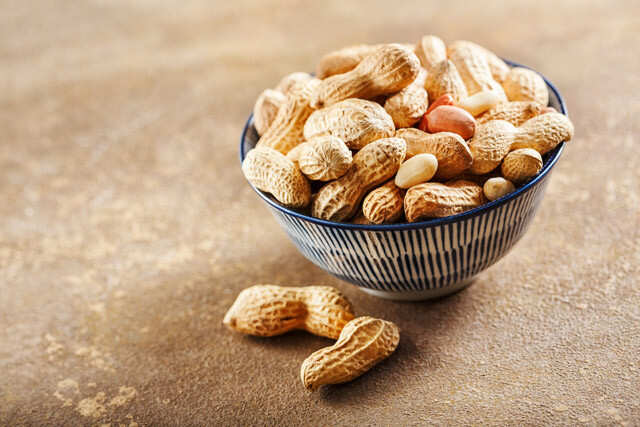
Studies indicate that snacking on small quantities of nuts helps aid weight loss, as it contains a high amount of plant-based protein. A serving of 100 gms offers 25.8 gms of protein, which is around half of a person’s daily protein needs. The recommended daily allowance (RDA) for adults is 46 gms for women and 56 gms for men. Peanuts are also a beneficial protein source, especially for vegetarians because they are generally unable to tap into a number of protein source options. Protein is essential for cell repair.
Tip: Roast some peanuts and snack on them in the evening, if you don’t want to get into the hassle of making an elaborate dish.
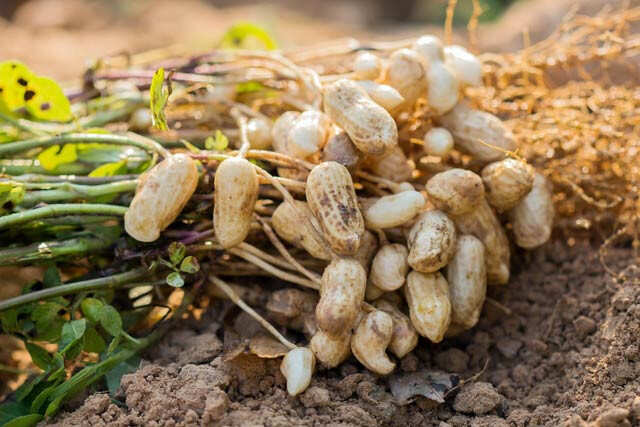
High source of healthy fats
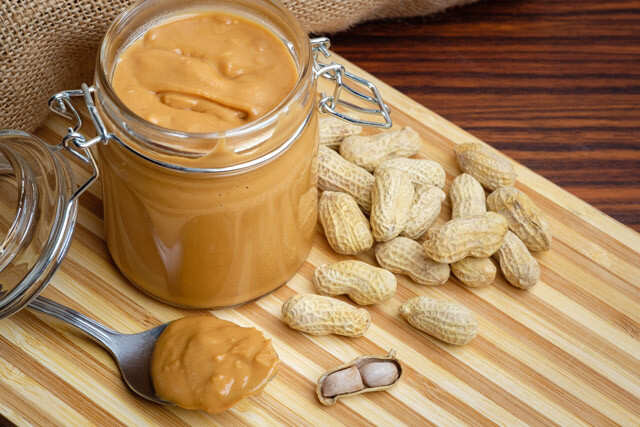
As opposed to the common myth that peanuts lead to weight gain, which is not good for the heart, groundnuts are actually miracle workers. They are rich in monounsaturated fats, which aid a healthy heart. A study which focused on 22 subjects indicated that a diet rich in groundnuts and peanut butter reduced the risk of cardiovascular disease by almost 21 per cent when compared with the average American diet where an individual consumes at least 3600 calories daily.
Tip: Make a peanut butter sandwich, cut and add a few slices of banana and enjoy a wholesome breakfast.
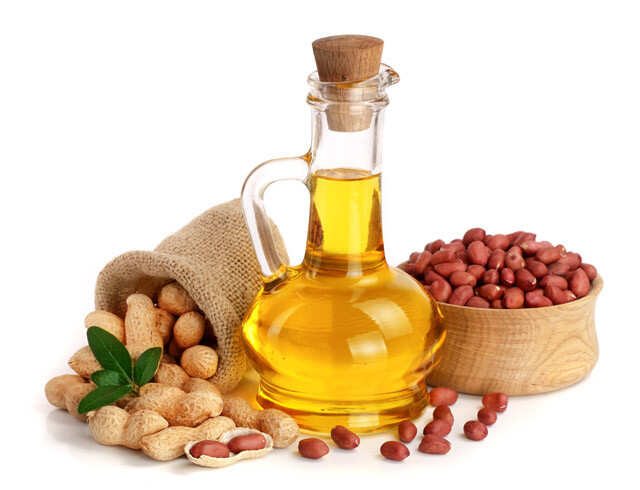
Rich in vitamins and minerals

In addition to the monounsaturated fat content, groundnuts are a rich source of vitamins and minerals, which also promote heart health. The main vitamins and minerals found in peanuts are:
Biotin: They are a rich source of biotin that is a water-soluble vitamin and is a part of the vitamin B family. The body needs biotin to convert certain vitamins and minerals to energy for carrying on day-to-day activities. Biotin is also important to maintain the health of your hair, nails and skin. This is also important for women during pregnancy.
Copper: Studies indicate that a copper deficiency in the body affects heart health.
Niacin: It is also referred to as vitamin B3, and is related to lowering heart diseases.
Folate: This is also known as vitamin B9 or folic acid, which helps in iron absorption and is helpful for those who suffer from anaemia.
Manganese: This element is important for activating a chemical process that aid metabolism.
Vitamin E: Known for its antioxidant properties, vitamin E is great for skin, hair, eyesight and digestion.
Thiamine: This is also known as vitamin B1. It helps the cells to convert carbs into energy and keeps the heart, muscles and nervous system healthy.
Phosphorus: Phosphorus is essential for the growth and maintenance of body tissues. It also aids in the formation of strong bones and teeth.
Magnesium: This mineral helps to maintain nerve and muscle functions, and boosts the immune system.
Tip: Grind a few peanuts in a mixer and sprinkle them on top of salads to garnish as well as retain the crunch in the ingredients.
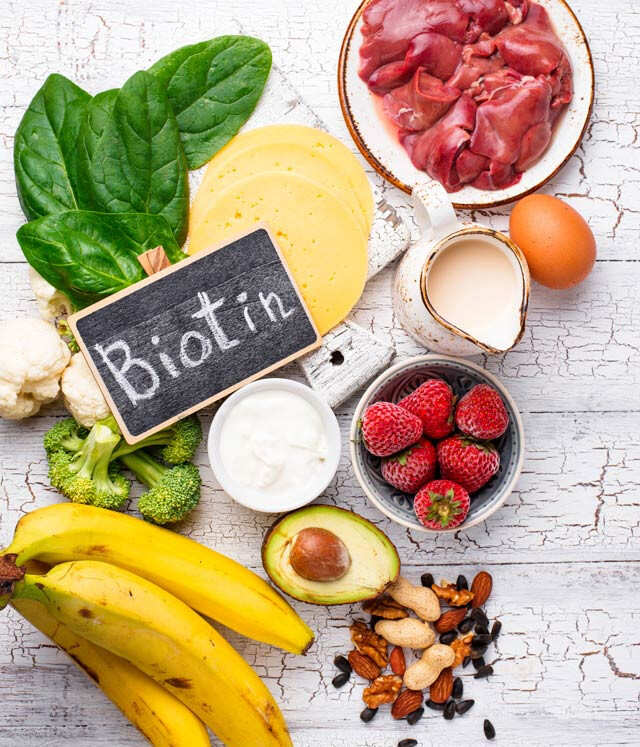
Prevents gallstones
A study conducted by the Nurses’ Health Study in the US shows data collected over twenty years from over 80,000 women that those who consume at least 1 ounce of peanuts or peanut butter each week have a 25 per cent lower risk of developing gallstones. This is fairly simple as one can incorporate groundnuts into a salad, as a snack or in some form of gravy to jazz up the food. Peanuts are able to help out with this because most of the gallstones are made up of cholesterol, and groundnuts help lower the effect.
Tip: Grind peanuts in a mixer to make a paste, gravy or sauce which can be enjoyed with snacks. This way you’ll ensure to get your regular supply of the nut.
Reduces risk of stroke

Peanuts also contain resveratrol, which is a phenolic antioxidant similar to the one found in red grapes and red wine that is good for the heart. Researchers say that this is probably the reason why even though the French do not consume a low-fat diet, they are less prone to the risk of cardiovascular diseases as compared to the Americans, even though the larger European population smoke more daily. In studies conducted on animals, published in the Journal of Agricultural and Food Chemistry, resveratrol (administered in intravenous form and not as solid food), has been found to improve blood flow to the brain by as much as 30 per cent, thereby lowering the risk of stroke.
Tip: You can remove the seed coat or the brown paper-like covering of the groundnuts before consuming if it irritates your throat.
Prevention against Alzheimer’s and age-related cognitive decline
Research published in the Journal of Neurology, Neurosurgery and Psychiatry points out that regular consumption of peanuts in moderate quantities lowers the risk of Alzheimer‘s and age-related cognitive disorders in individuals aged 65 and above. It states that those getting around 22 mg of niacin from groundnuts daily were 70 per cent less likely to develop Alzheimer’s disease than those with getting only about 13 mg daily per day.
Benefits of peanuts: FAQs
Q. What are the health concerns if I overindulge in consuming peanuts?
A. Though there are not too many adverse effects, groundnuts can sometimes lead to a condition called—Aflatoxin poisoning. This happens when peanuts are sometimes ridden with a species of mould called Aspergillus flavus, that produces aflatoxin. This can cause the patient to be affected by a loss of appetite and jaundice, which takes a toll on the liver. A lot depends on how the peanuts are stored and can be severe in humid and tropical conditions. Always ensure to store groundnuts in a cool and dry place, away from moisture.
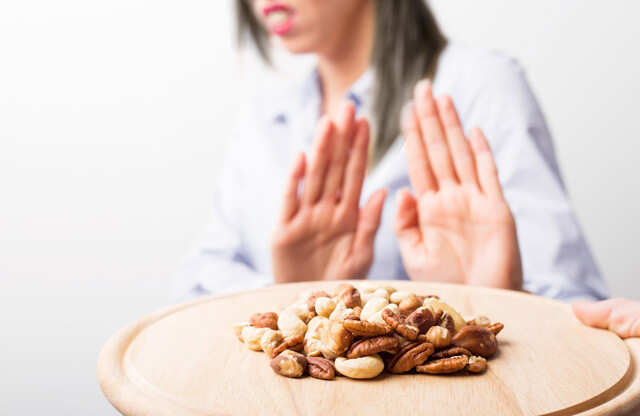
Q. What is peanut allergy and how can one avoid it?
A. Peanut allergy is common and can manifest itself as a response when an individual’s system cannot deal with certain elements found in these nuts. It is a hypersensitive response and for some people, even the slightest of these nuts in food preparations can trigger this reaction. Symptoms can often range from vomiting, stomach pain, swollen lips, eyelids and throat leading to respiratory problems. In some severe cases, it can also be fatal if the chest congestion is not dealt with promptly. If you have ever experienced such symptoms after consuming peanuts, then consult your doctor and avoid all groundnuts and products containing them.
